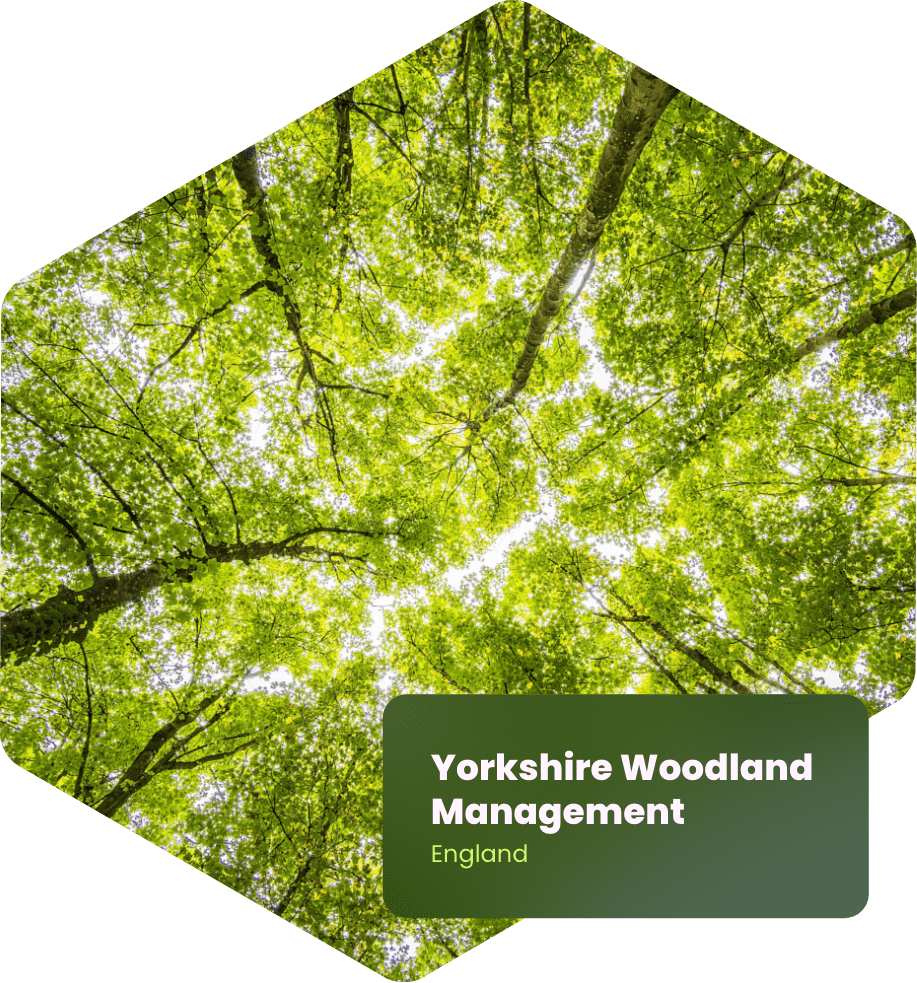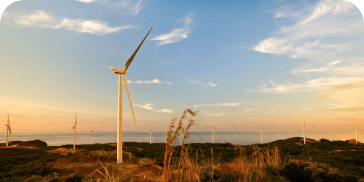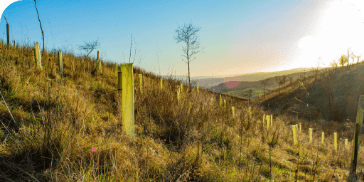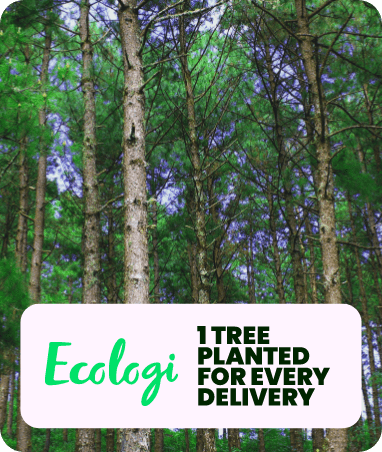Looking after the planet is at the heart of what we do at DeliveryApp, and we’re extremely proud to be a certified carbon neutral business; this means that all of our deliveries are carbon neutral.
We measure and calculate the carbon emissions incurred through the general running of our business and every delivery made through us, then reduce an equivalent volume of emissions of carbon dioxide from the atmosphere. We do this through investment in carbon reduction programmes, facilitated through our partnership with Carbon Neutral Britain.












Through our partnership with Carbon Neutral Britain, we have invested in a range of carbon reduction programmes that cover:
Please visit Carbon Neutral Britain to find out more

Carbon Neutral Britain only support projects based on their direct and indirect impact around the world. In addition to ensuring the projects are certified to the highest standards through the Verified Carbon Standard (VCS), Gold Standard Voluntary Emission Reductions (VER) and Certified Emission Reductions (CER) programmes, they look to fund projects in the developing world that help provide education, employment, clean water, energy and a positive impact on the local wildlife and ecology.
In their biomass and soil, forests are powerful carbon storehouses. Protection prevents emissions from deforestation, shields that carbon, and enables ongoing carbon sequestration.
In 2015, there were an estimated three trillion trees in the world. More than 15 billion trees are cut down each year. Since humans began farming, the number of trees on earth has fallen by 46 percent. Carbon emissions from deforestation and associated land use change are estimated to be 10 to 15 percent of the world’s total.
The benefits of forest conservation include biodiversity protection, non-timber products, erosion control, pollination, ecotourism and other ecosystem services.
Biomass feedstock such as rice husk can replace fossil fuels for generating heat and electricity. Biomass energy is a ‘bridge’ solution—one that can help the world transition from fossil-fuel power to 100 percent clean, renewable energy.
Carbon-rich biomass can be harvested to produce heat, create steam for electricity production, or be processed into oil or gas. Doing so trades in carbon that is already in circulation, cycling from atmosphere to plants and back again. Biomass energy is a true solution only if it uses appropriate feedstock, such as waste from mills and agriculture or sustainably grown perennial crops.

Renewables
The Burgos wind farm project is the largest wind farm in the Philippines. The project produces clean energy and displaces generation from other sources that contribute pollutants and greenhouse gas emissions to the environment.
Read more

Forestry
Since starting in 1996, the Yorkshire Dales Millennium Trust has helped to plant around 1.5 million broadleaf trees, creating native woodlands of all shapes and sizes throughout the Yorkshire Dales and Nidderdale.
Read more

Renewables
The Angkor Bio Cogen project is the first renewable energy project to utilise rice husk as biomass fuel for electricity generation in Cambodia, involving the operation of two new MW rice husk power generation plants in the Kandal province.
Read more

Renewables
The Burgos wind farm project is the largest wind farm in the Philippines. The project produces clean energy and displaces generation from other sources that contribute pollutants and greenhouse gas emissions to the environment.
Read more

Forestry
Since starting in 1996, the Yorkshire Dales Millennium Trust has helped to plant around 1.5 million broadleaf trees, creating native woodlands of all shapes and sizes throughout the Yorkshire Dales and Nidderdale.
Read more

Renewables
The Angkor Bio Cogen project is the first renewable energy project to utilise rice husk as biomass fuel for electricity generation in Cambodia, involving the operation of two new MW rice husk power generation plants in the Kandal province.
Read more

Renewables
The Burgos wind farm project is the largest wind farm in the Philippines. The project produces clean energy and displaces generation from other sources that contribute pollutants and greenhouse gas emissions to the environment.
Read more

Forestry
Since starting in 1996, the Yorkshire Dales Millennium Trust has helped to plant around 1.5 million broadleaf trees, creating native woodlands of all shapes and sizes throughout the Yorkshire Dales and Nidderdale.
Read more

Renewables
The Angkor Bio Cogen project is the first renewable energy project to utilise rice husk as biomass fuel for electricity generation in Cambodia, involving the operation of two new MW rice husk power generation plants in the Kandal province.
Read more

We’re continuing to raise the environmental bar in our industry through our support of climate action projects, like planting one tree for every completed delivery, facilitated through our partnership with Ecologi.
Find out more